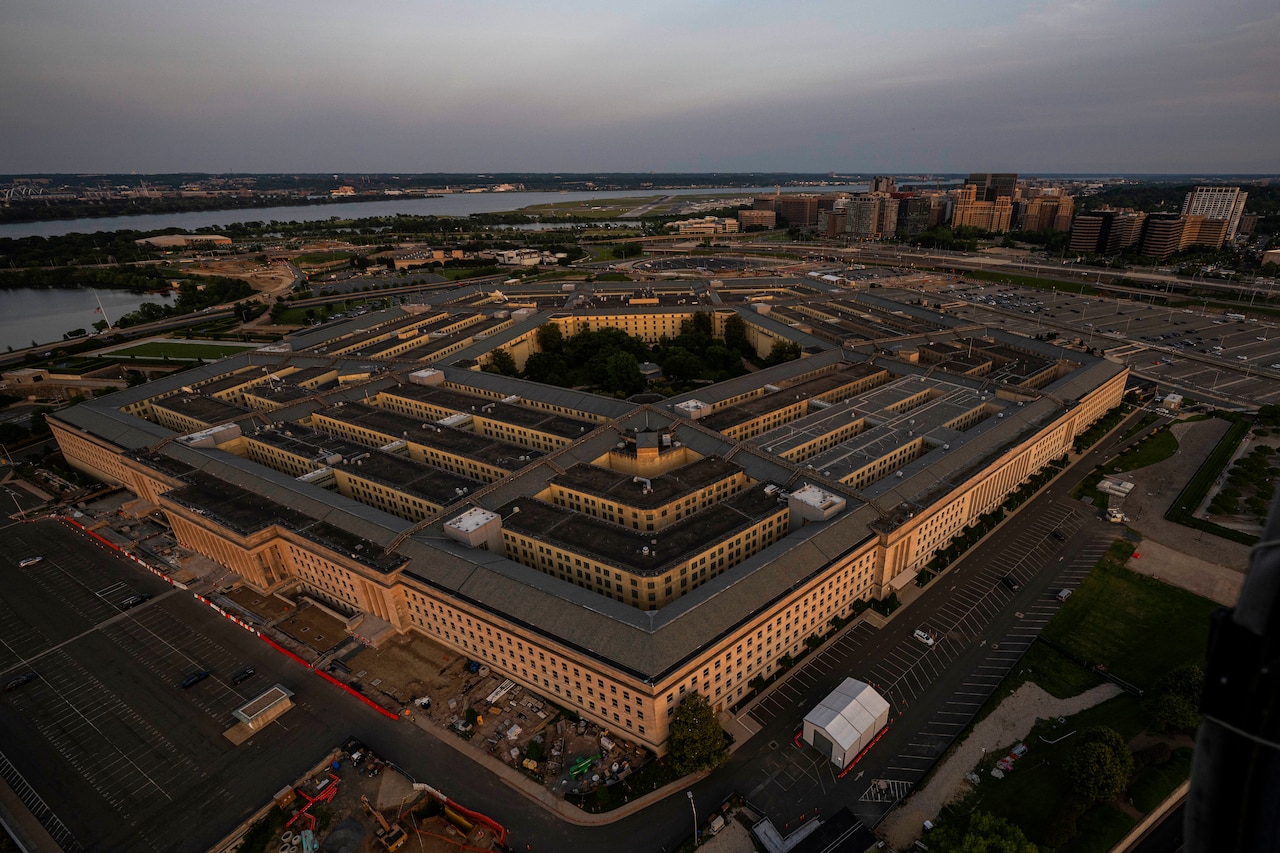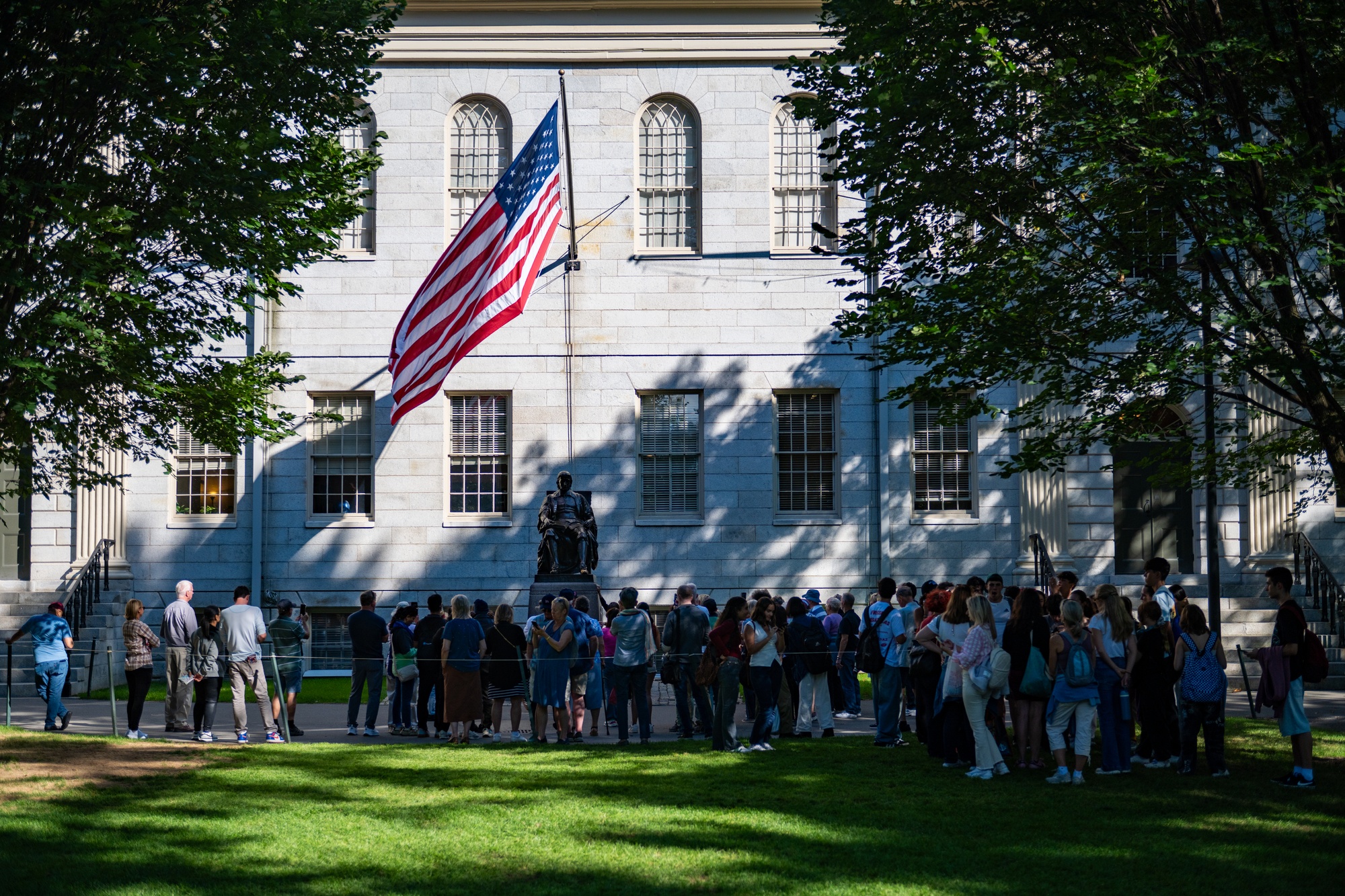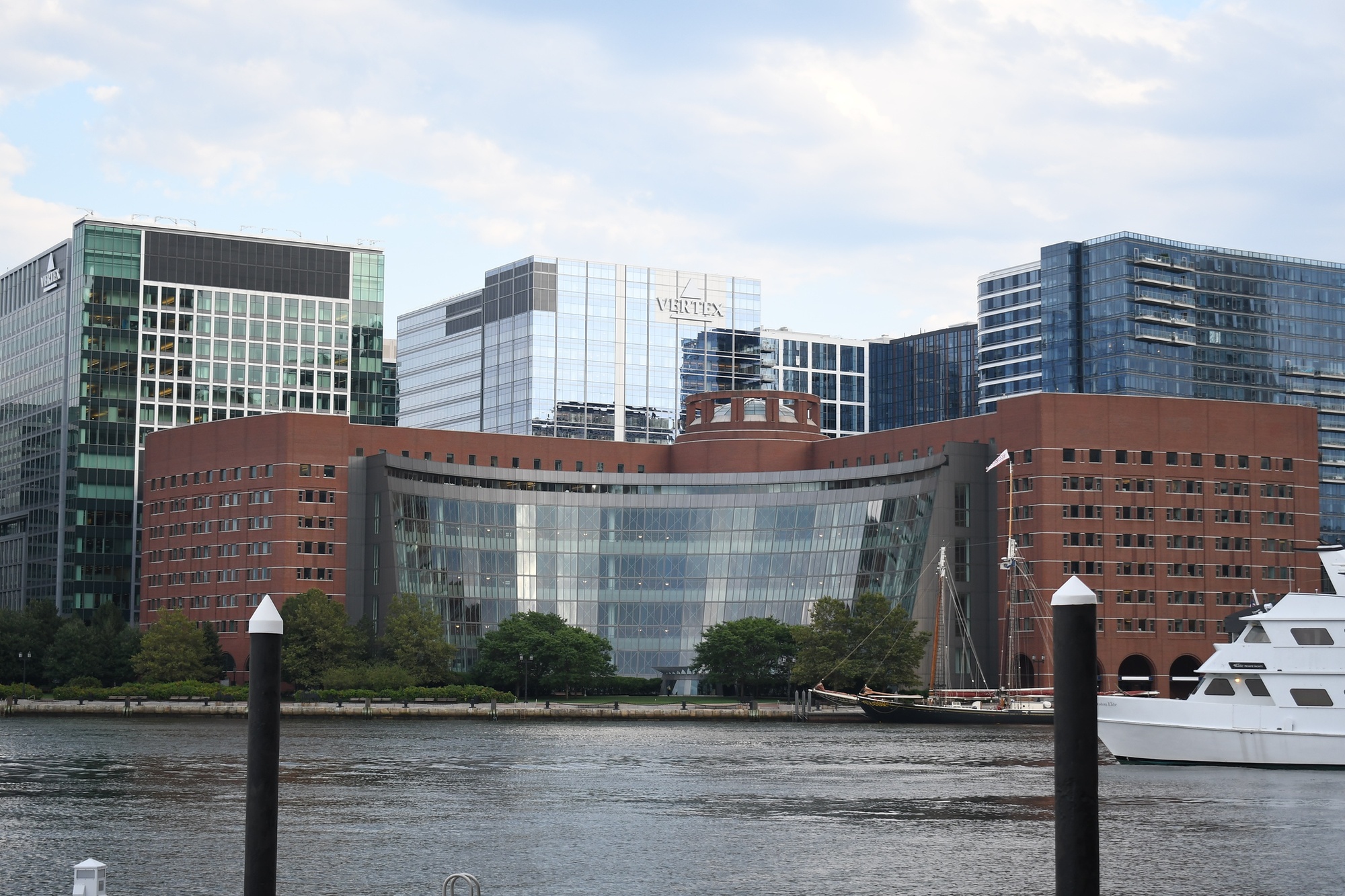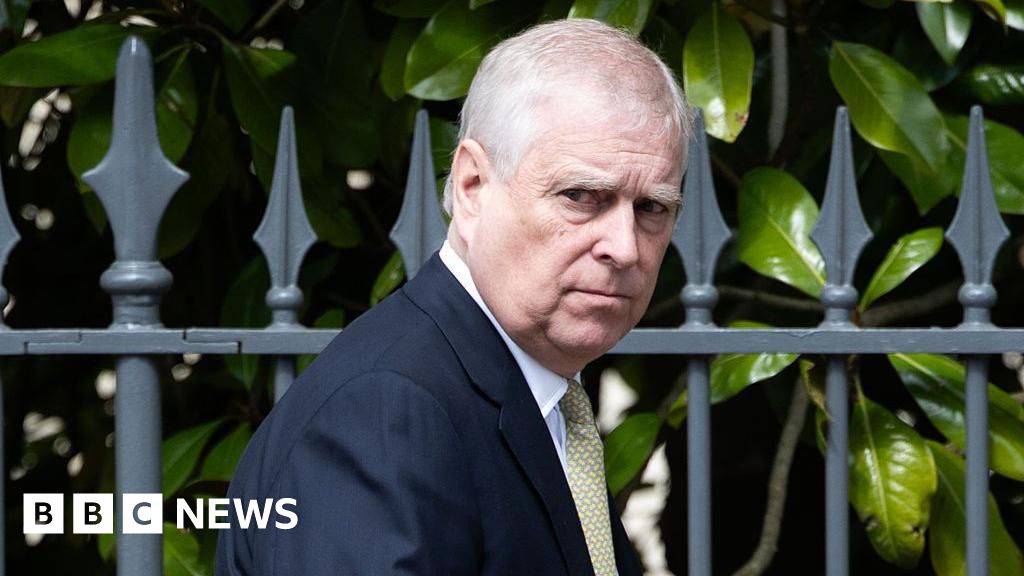The Controversy Surrounding Harvard's Ties with China and Its Impact on International Academic Partnerships
#china #harvard #academic partnerships #national security #academic freedom

About the People Mentioned
Michael Martina
Michael Martina is a former professional footballer born on March 3, 1970. He played as a midfielder during his career, standing 176 cm tall and weighing approximately 73 kg. Martina’s football career included participation in international competitions where he earned four FIFA-recognized caps but did not score any goals at the international level[3][4]. Over the course of his playing years, Martina contributed to various clubs and competitions, although detailed records of his club career and achievements are limited in the available sources. His roles primarily centered around midfield responsibilities, indicating a focus on both defensive and offensive support on the field[1][2]. As of the current date, there is no publicly available information indicating involvement in football beyond his playing career, nor any recent events or roles related to sports management, coaching, or other professional activities. The sources do not report any post-retirement achievements or current relevance in the public domain. In summary, Michael Martina is recognized as a former midfielder with international experience, notably capped four times for his national team, with a professional career documented mainly through statistical sports archives. No recent or current notable activities have been documented as of 2025.
About the Organizations Mentioned
Harvard University
## Overview Harvard University, located in Cambridge, Massachusetts, is one of the world’s most prestigious and influential institutions of higher education. Founded in 1636, it is the oldest university in the United States and a global leader in research, education, and innovation, with a particular impact on business and technology. ## What Harvard Does Harvard is a comprehensive university offering undergraduate, graduate, and professional education across a wide array of disciplines. Its core activities include degree-seeking education, continuing and executive education, and extensive sponsored research, both federal and non-federal[2]. The university’s mission-driven approach extends to philanthropy, with a significant portion of its operating revenue derived from endowment income and current-use gifts[2][3]. Harvard is also a major player in technology transfer and entrepreneurship, with strong ties to the Boston-area innovation ecosystem. ## Historical Background Harvard’s long history began as a colonial college established to train clergy. Over the centuries, it evolved into a modern research university, producing numerous Nobel laureates, heads of state, and business leaders. Its alumni and faculty have played pivotal roles in advancing science, technology, and global commerce. ## Key Achievements Harvard’s achievements are vast and varied. It is consistently ranked among the top universities globally, renowned for its rigorous academics, groundbreaking research, and influential alumni network. The university has pioneered major scientific discoveries, developed leading business and law schools, and fostered technology startups through its innovation labs and venture programs. Notably, beginning in the 2025-2026 academic year, Harvard College will be free for students from families with incomes below a certain threshold, significantly expanding access to its world-class education[4]. ## Current Status As of fiscal year 2025, Harvard’s net assets grew to $68.7 billion, despite a modest operating deficit of $113 million on $6.7 billion in operating revenue[2]. The university continues to rely heavily on philanthropy, with curren

















